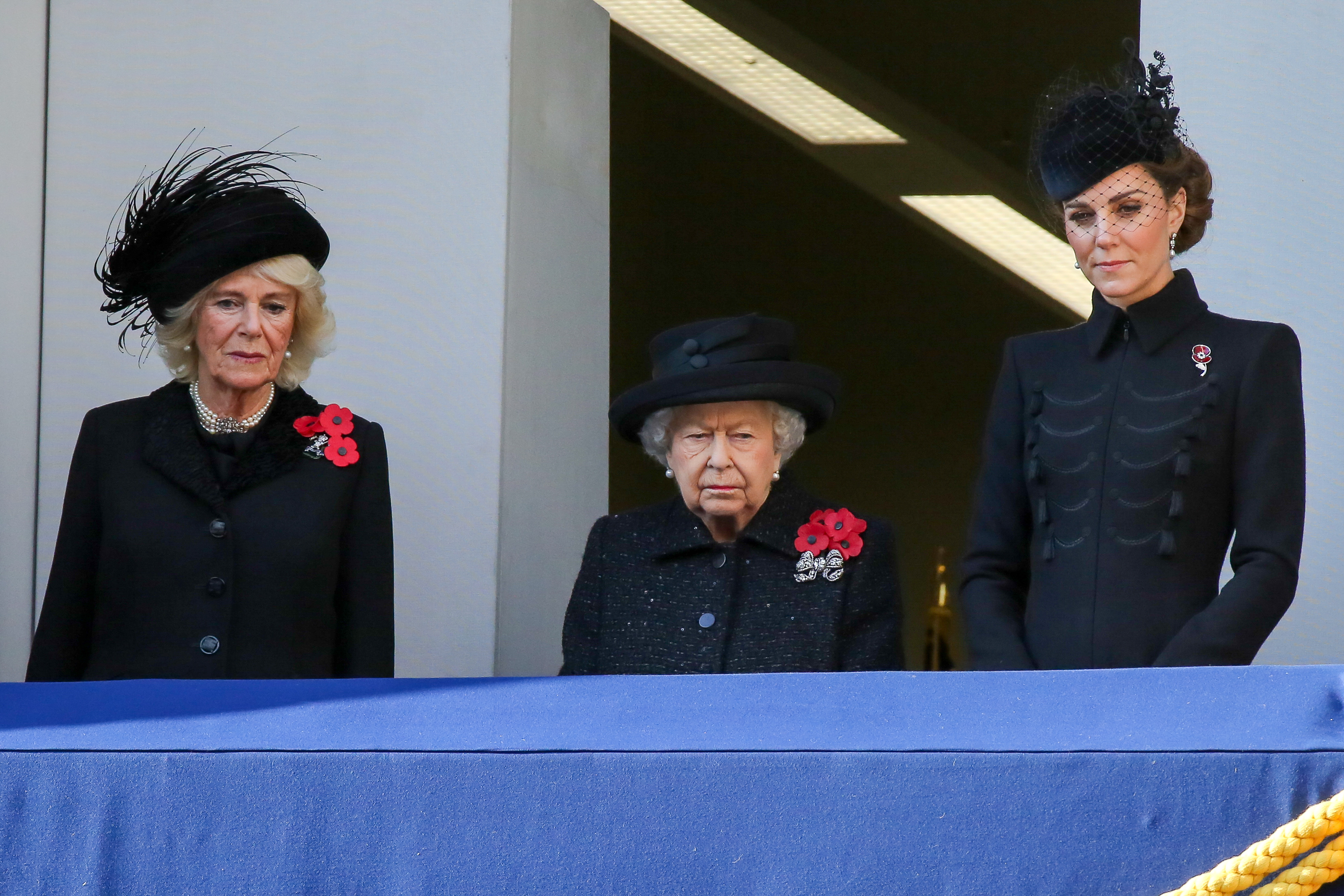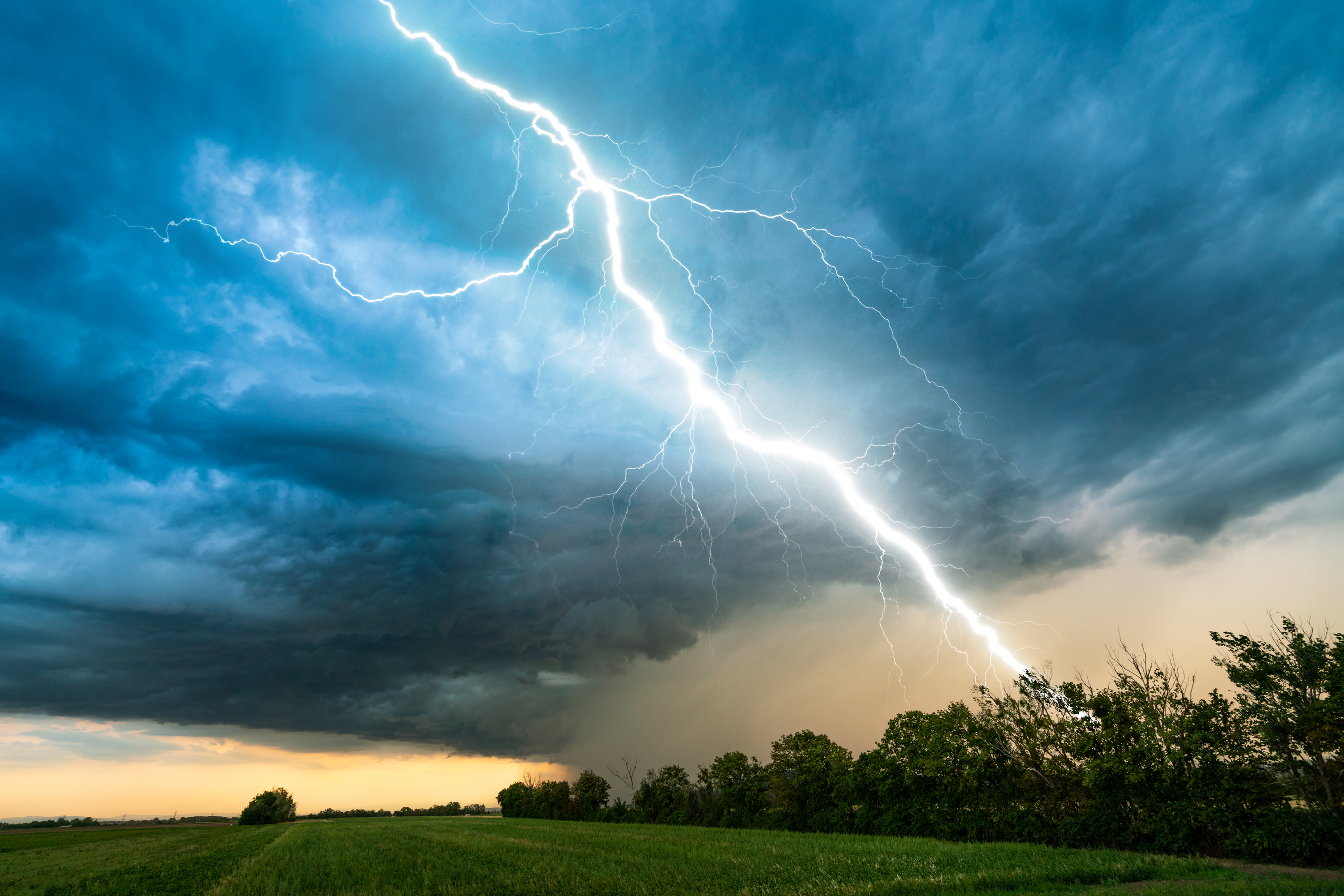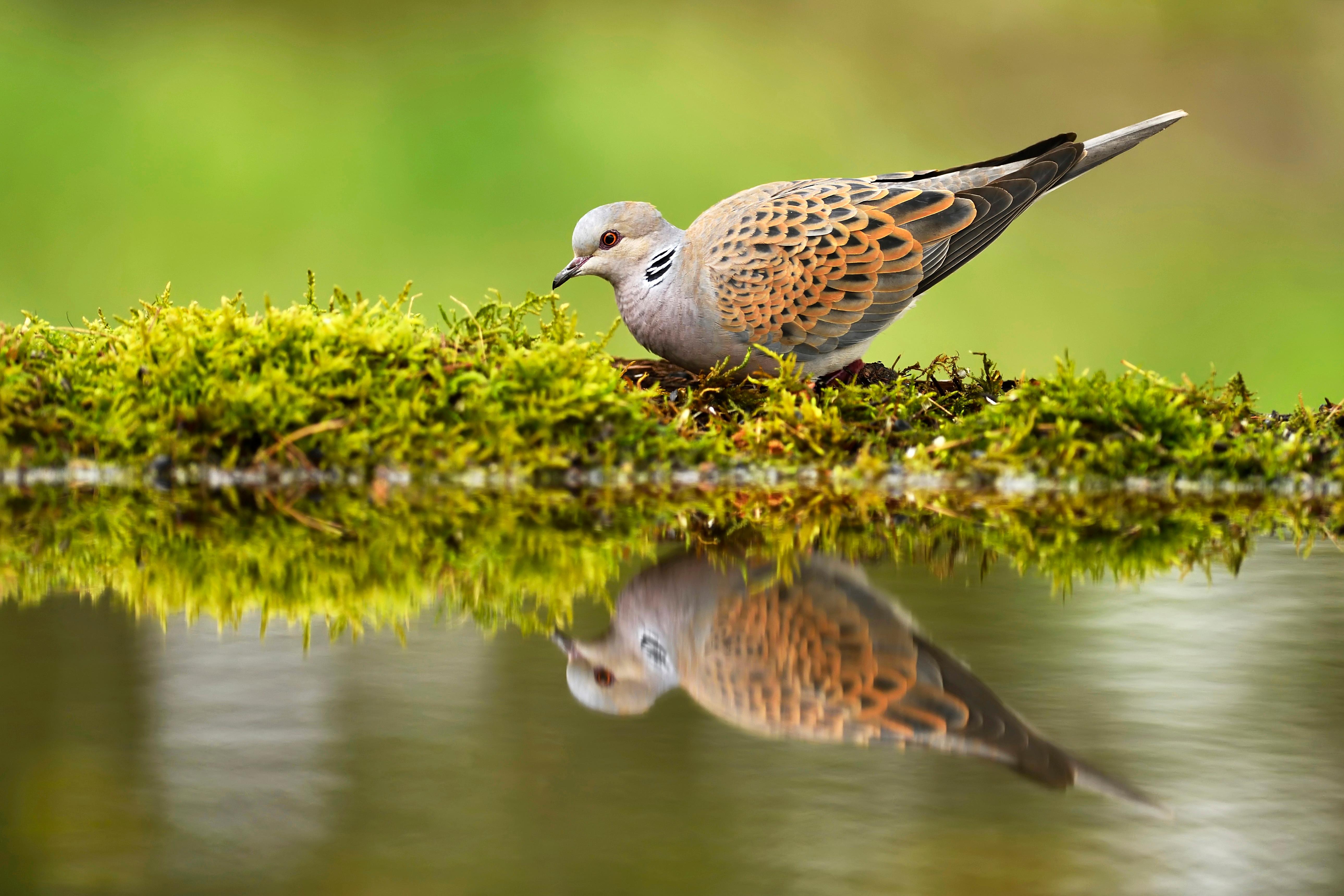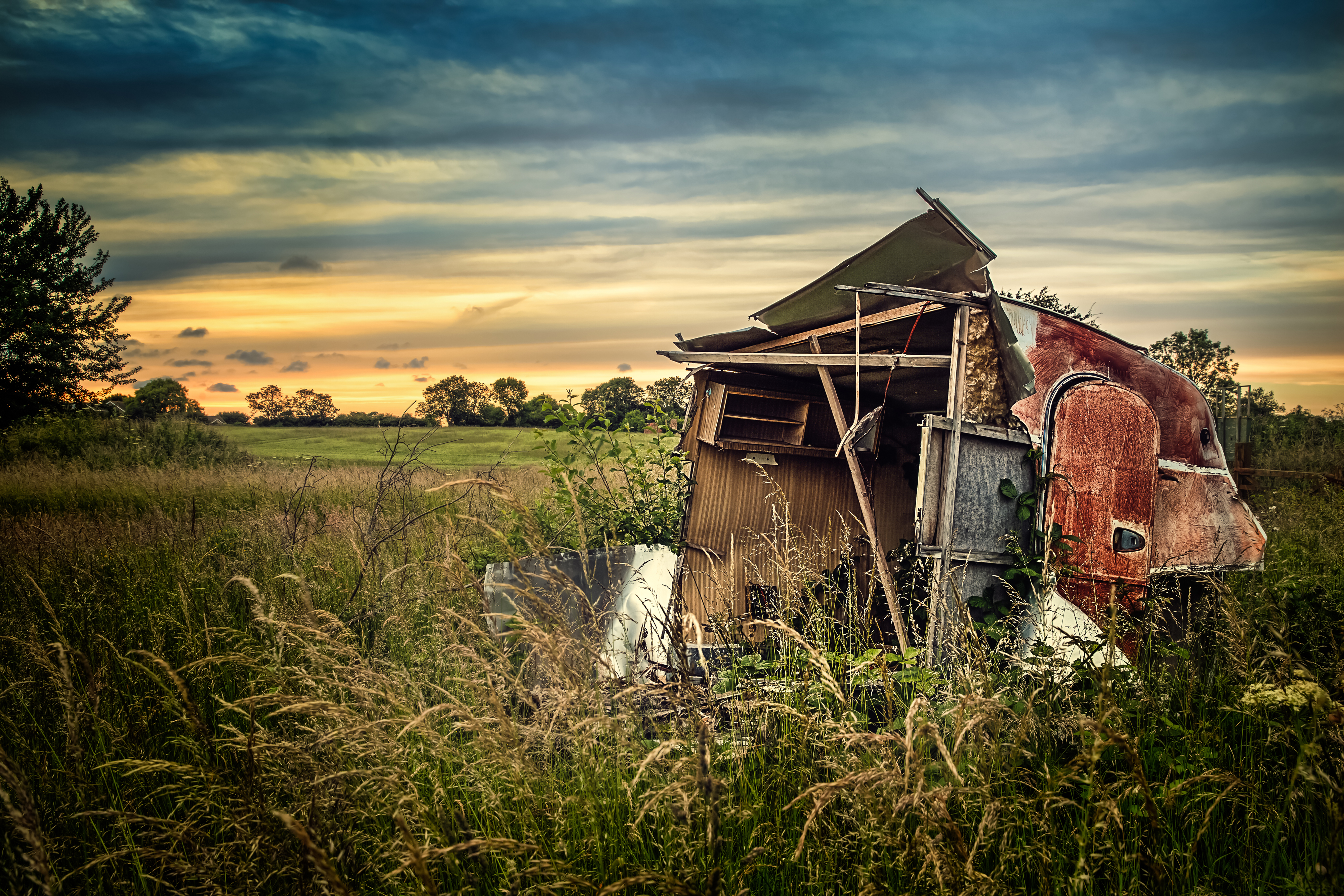Country Life Today: The nation remembers
In today's round-up, we mark the Remembrance Sunday commemorations, look at how climate change is making it easier for a deadly virus to spread among sea mammals and find out about a special Santa's grotto for pooches.


Exquisite houses, the beauty of Nature, and how to get the most from your life, straight to your inbox.
You are now subscribed
Your newsletter sign-up was successful
A nation remembers
Prince Charles, Prince William and Prince Harry laid wreaths at the Cenotaph during Remembrance Sunday, paying tribute to the armed forces and the civilians who served the country during the wars, while The Queen watched from a balcony, along with the Duchess of Cornwall and the Duchess of Cambridge. An equerry also laid a wreath on behalf of the Duke of Edinburgh.
Hundreds of veterans, six Prime Ministers—both current and former—senior politicians and a number of foreign dignitaries attended the event, including the ambassador of Nepal, who, for the first time, laid a wreath to mark the service of Gurkha regiments. The ceremony moved The Queen so much that she was spotted surreptitiously wiping away a tear.
Full story (The Telegraph, registration required)
Go carbon-neutral earlier, public tells politicians
The majority of British voters would like the UK to achieve net-zero emissions 20 years ahead of the Government's deadline.
A survey carried out by YouGov at the end of October found that 56% of the respondents would like to see net emission brought to zero by 2030, against the current target of 2050. Results changed a little depending on party affiliation, age and gender, with the consensus for an earlier deadline appearing to be solid across the board.

This has encouraged campaigners to renew calls for all parties to put the climate and the environmental crisis at the heart of their manifestos.
Exquisite houses, the beauty of Nature, and how to get the most from your life, straight to your inbox.
Marine mammals face fresh risk of deadly virus
The ice melts caused by climate change are allowing a 'devastating' virus to spread among sea creatures, according to scientists. Animals like seals, otters and sea lions are increasingly at risk of contracting Phocine distemper virus, also known as Phocine morbillivirus, which can be fatal to them.
"The loss of sea ice is leading marine wildlife to seek and forage in new habitats, allowing for new pathways for them to move," explained Dr Tracey Goldstein, from the University of California, who is one of the study’s authors.
"As animals move and come in contact with other species, they carry opportunities to introduce and transmit new infectious disease, with potentially devastating impacts."
Is this the end of the line for turtle doves?
Numbers of the iconic bird have halved in the five years to the end of 2017, according to a new report by DEFRA. Habitat loss both in the UK and in the doves’ wintering grounds in Africa, and shooting along the birds’ migratory route have taken their toll. Only 1,000 breeding pairs are now thought to be left in the UK, putting the species at risk of extinction.

The RSPB is asking farmers to help stem the decline by helping ensure the doves have continuous access to seed and grain food during the breeding season, and to tall, mature hedgerows and areas of scrubland where they can nest.
On this day...
Countries across the Commonwealth commemorate soldiers who fell in the line of duty. The first Remembrance Day—then called Armistice Day—was hosted by King George V on the grounds of Buckingham Palace exactly 100 years ago to mark the armistice that had been signed a year earlier between the many countries that belonged to the World War I Entente, including the UK and France, and Germany.
The celebration then evolved over time to remember those who died in service in other wars but the tradition to observe two minutes of silence on the 11th hour of the 11th day of the 11th month dates back to the 1918 armistice, because that was the time in which the hostilities officially stopped and guns fell silent across Europe.
Fly-tipping is blighting England and organised crime is behind it
The rise in illegal dumping is affecting farmers and landowners, who have to bear the costs of removing fly-tipped waste as well as dealing with the health and environmental hazards it poses.

Fly-tipping, warn countryside organisations, has not just become a more frequent occurrence — it now affects two third of all farmers, according to the NFU — but it has also changed in nature, with criminal gangs now running illegal dumping operations.
And finally... Santa Paws is coming to town
Pooches in Norwich are in luck. Santa is organising a special grotto for dogs, where they can look forward to meeting Father Christmas' very own pet and take picture with him. The event, now at its sixth edition, helps raise money for animal charities.
Full story (Eastern Daily Press)
Carla must be the only Italian that finds the English weather more congenial than her native country’s sunshine. An antique herself, she became Country Life’s Arts & Antiques editor in 2023 having previously covered, as a freelance journalist, heritage, conservation, history and property stories, for which she won a couple of awards. Her musical taste has never evolved past Puccini and she spends most of her time immersed in any century before the 20th.
